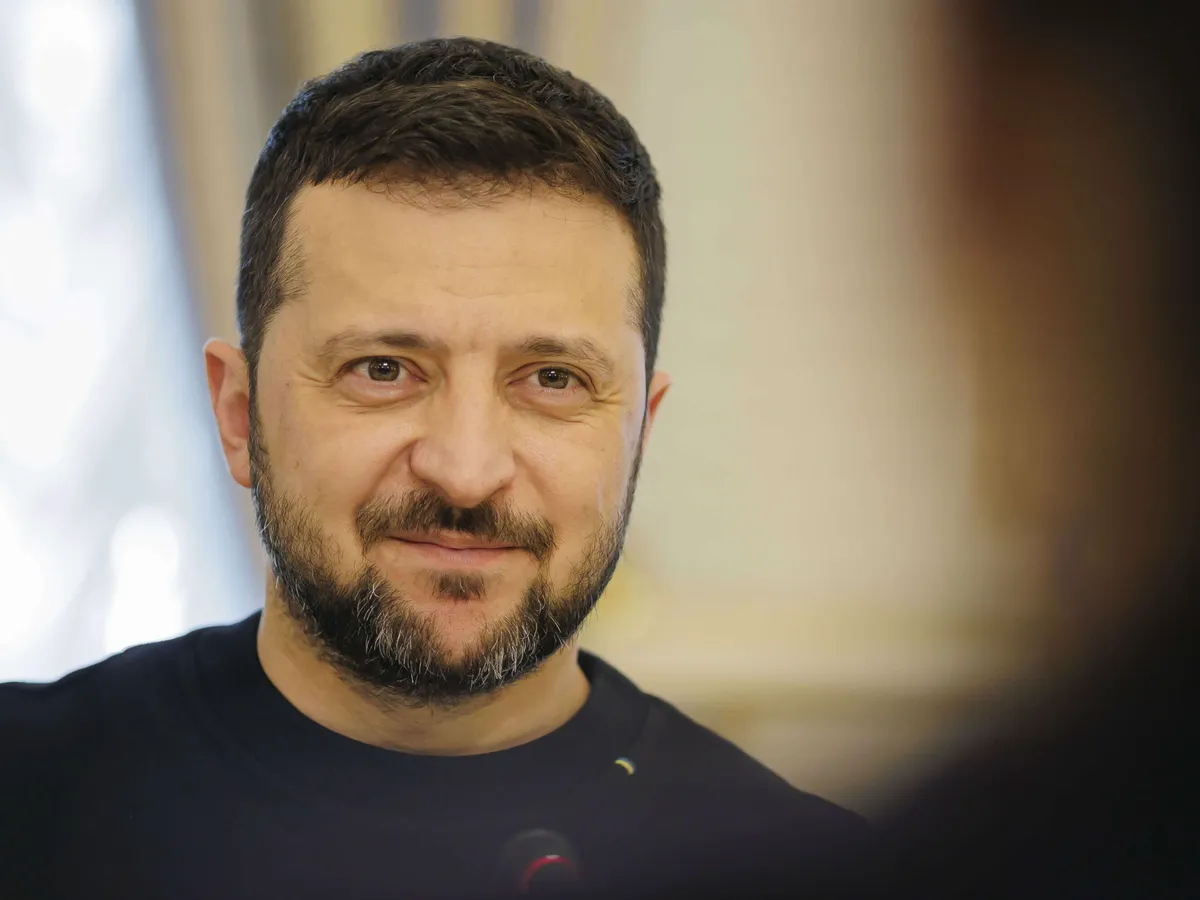The use of interest income from frozen Russian assets for the benefit of Ukraine received its final approval from the EU Council on Tuesday.
An agreement on the matter had already been negotiated between the permanent representatives of the member states, i.e. the EU ambassadors.
Securities centers that hold more than one million euros worth of Russian state assets will in the future start paying windfall interest income on the assets to the EU twice a year.
It is about the interest income that has accumulated after February 15 of this year.
The interest income will be used for military support to Ukraine through the European Peace Fund and for supporting the capacity and reconstruction needs of Ukraine’s defense industry through EU programs.
90 percent of the money goes to the peace fund and ten percent to the EU budget.
The officials of the EU Commission have calculated that the annual income of the funds could be 4.5 billion euros, of which the Belgian state would tax about 1.5 billion. The interest income always depends on the current interest rate.
Belgium has made it clear that it intends to channel the tax revenue it collects into support for Ukraine either through the EU or the G7.
Belgium has the right to tax interest income due to the fact that most of the frozen funds are located in Belgium Euroclear– in the securities center.
After the start of the war in Ukraine, the assets of the Russian central bank have been frozen in the world worth 260 billion euros. The majority of the assets, around 210 billion euros, are located in the EU.
Shall we go beyond interest income?
The leaders of the G7 countries will gather in the middle of June in Apulia, Italy for their annual meeting. The meeting will also discuss how the frozen funds will be utilized in the future. In addition to the interest income, could the capital itself also be affected?
The European Central Bank has warned that such a decision could be against international law and threaten the euro’s status as a reserve currency.
However, Ukraine has repeatedly demanded that all frozen assets of the Russian central bank should be used to support the country. The idea also receives support from the United States and Canada.
Ukraine sees that if all the frozen funds were released for its use, the decision would have a turning point in the course of the war.
After the meeting of the G7 countries, the next place to discuss the matter is the EU leaders’ summit at the end of June.
